
As part of our monthly clinician spotlight, NeurologyLive® highlighted headache medicine expert Amaal J. Starling, MD, FAHS, FAAN, associate professor in the department of neurology at Mayo Clinic College of Medicine.

As part of our monthly clinician spotlight, NeurologyLive® highlighted headache medicine expert Amaal J. Starling, MD, FAHS, FAAN, associate professor in the department of neurology at Mayo Clinic College of Medicine.

Cornelia Drees, MD, senior associate consultant, Department of Neurology, Mayo Clinic, discussed the potential of microburst vagus nerve stimulation as a more targeted treatment for drug-resistant epilepsy.

The senior associate consultant in the Department of Neurology at Mayo Clinic provided insight on an early feasibility study on the clinical impact of microburst vagus nerve stimulation in patients with drug-resistant epilepsy.
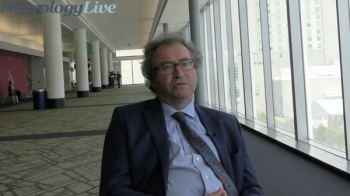
The director of the Mayo Clinic Center for Multiple Sclerosis and Autoimmune Neurology provided commentary on the possibility of preventing NMOSD, and the need to improve access to approved therapies and AQP4 testing. [WATCH TIME: 3 minutes]
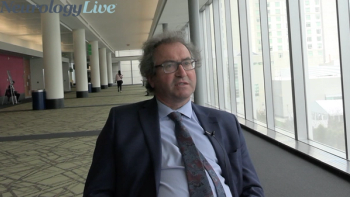
The director of the Mayo Clinic Center for Multiple Sclerosis and Autoimmune Neurology discussed findings from the phase 3 CHAMPION-NMOSD trial of ravulizumab in patients with neuromyelitis optica spectrum disorder. [WATCH TIME: 5 minutes]

The director of the Mayo Clinic Center for Multiple Sclerosis and Autoimmune Neurology provided perspective on a phase 3 study of patients with NMOSD in which no relapses were recorded while on ravulizumab.
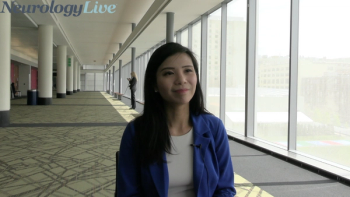
The associate professor of neurology at Mayo Clinic Rochester discussed specific findings from a simultaneous comparison of migraine medications in which certain treatments and classes were more effective. [WATCH TIME: 3 minutes]
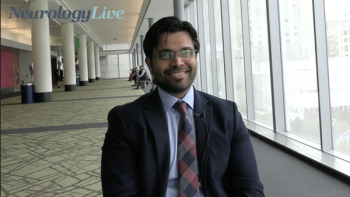
The assistant professor of neurology at Mayo Clinic spoke about understanding the phenotypes and epidemiology of autoimmune encephalitis at the 2023 AAN Annual Meeting. [WATCH TIME: 4 minutes]
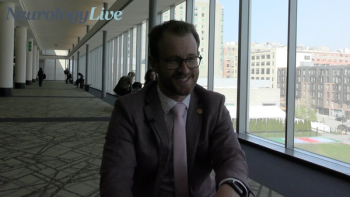
The neurologist at Mayo Clinic in Jacksonville Florida provided perspective on his talk given at the 2023 AAN annual meeting on rapidly progressive dementia. [WATCH TIME: 6 minutes]
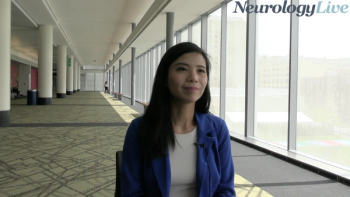
The associate professor of neurology at Mayo Clinic Rochester provided perspective on a new study presented at the 2023 AAN Annual Meeting assessing the treatment effectiveness of real-world patients with migraine. [WATCH TIME: 4 minutes]

In April 2023, NeurologyLive® is spotlighting a clinician in neuromuscular diseases, Michelle Mauermann, MD, chair of the division of neuromuscular medicine at Mayo Clinic.

A greater proportion of patients on ubrogepant reported absence of moderate-to-severe intensity headache within 48 hours, ability to function normally, and absence of headache of any intensity.
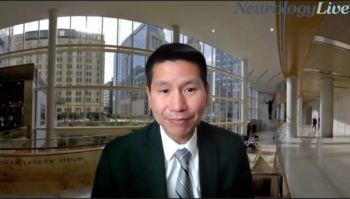
The neuroophtalmologist at Mayo Clinic detailed improvements in prescribing methods for NMOSD treatments and the conversations surrounding reversing neurodegeneration. [WATCH TIME: 3 minutes]
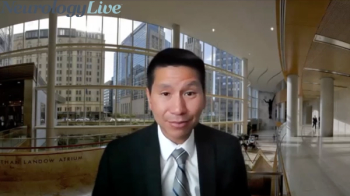
The neuroophthalmologist at Mayo Clinic discussed the current understanding of optic neuritis in neuromyelitis optica and the ways clinicians are working to improve recovery. [WATCH TIME: 4 minutes]
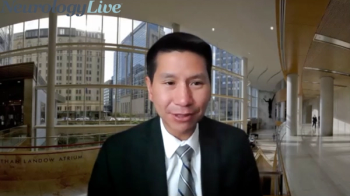
The neuroophthalmologist at mayo clinic provided context on the importance of raising awareness for NMOSD and the signs that precede clinical events. [WATCH TIME: 3 minutes]
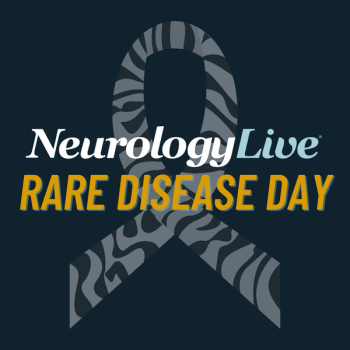
In recognition of Rare Disease Day, the NeurologyLive® team offered an extensive update on the state of care and treatment for a few rare neurological diseases, including Pompe disease, Rett syndrome, among others.
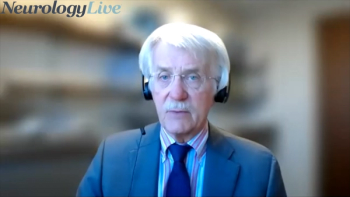
The director of the Alzheimer’s Disease Research Center at Mayo Clinic detailed the current issues with access and affordability to critical biomarkers in the screening and monitoring of patients in Alzheimer disease trials. [WATCH TIME: 3 minutes]

The director of the Alzheimer’s Disease Research Center at Mayo Clinic provided insight on new considerations for interpreting data from cognitive and functional measures in trials assessing agents for Alzheimer disease.
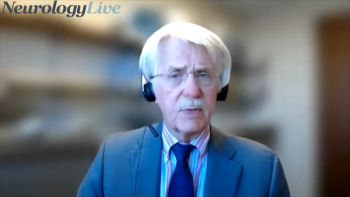
The director of the Alzheimer’s Disease Research Center at Mayo Clinic provided perspective on the emergence in antiamyloid therapies, assessing clinically meaningful benefit, and potential changes to trial design in the future. [WATCH TIME: 3 minutes]
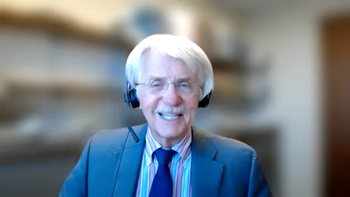
The director of the Alzheimer’s Disease Research Center at Mayo Clinic discussed a recently published paper focused on the expectations and clinical meaningfulness of randomized controlled trials in Alzheimer disease. [WATCH TIME: 4 minutes]

After 12 weeks of treatment, almost twice as many patients on eptinezumab reported either “much improved” or “very much improved” than those on placebo, according to Patient Global Impression of Change.
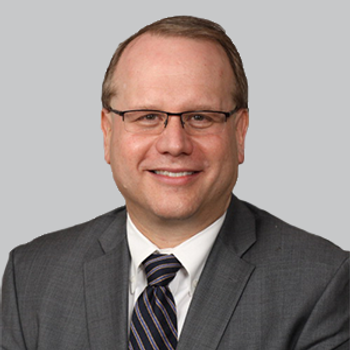
Patients who had higher baseline REM without atonia levels were associated with the largest treatment effects on RSWA with a single 50 mg dose of ulotaront.
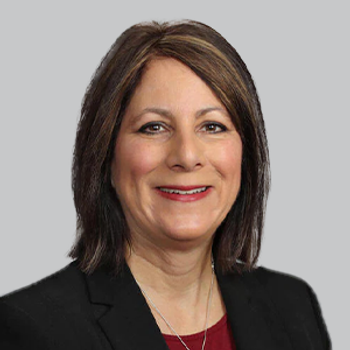
An updated literature review provided data to assist with the revisioning of quality measures in in clinical practice for adults with obstructive sleep apnea.
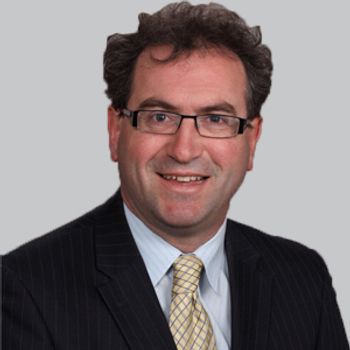
Over a median of 73.5 weeks of follow-up time, zero adjudicated relapses were observed for those with AQP4+ NMOSD on ravulizumab.
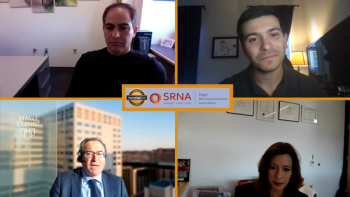
Experts such as Brenda Banwell, MD; Sean Pittock, MD; and Michael Levy, MD, PhD, cover topics related to differences in rare neuroimmune disorders, how they're approached and treated.
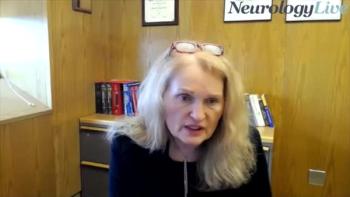
The chair of the nephrology division at Mayo Clinic provided context on recent findings linking inflammation and neurovascular damage in women with a history of severe preeclampsia, and how the community may react. [WATCH TIME: 2 minutes]

Vesna Garovic, MD, PhD, chair of the nephrology division at Mayo Clinic, discussed the appropriate reaction to data suggesting late-life elevated inflammation and neurovascular damage from severe preeclampsia.

The chair of the nephrology division at Mayo Clinic discussed the major questions surrounding preeclampsia and its long-term effects, as well as whether new findings change the way clinicians treat patients with the condition. [WATCH TIME: 4 minutes]

The chair of the nephrology division at Mayo Clinic provided context on new findings on the risks of preeclampsia, a hypertensive disorder, and elevated levels of neuroinflammation and neurovascular damage.

The nephrologist at Mayo Clinic provided insight on new data showing elevated extracellular vesicles of neurovascular origin in women with a history of severe preeclampsia years after pregnancy. [WATCH TIME: 4 minutes]